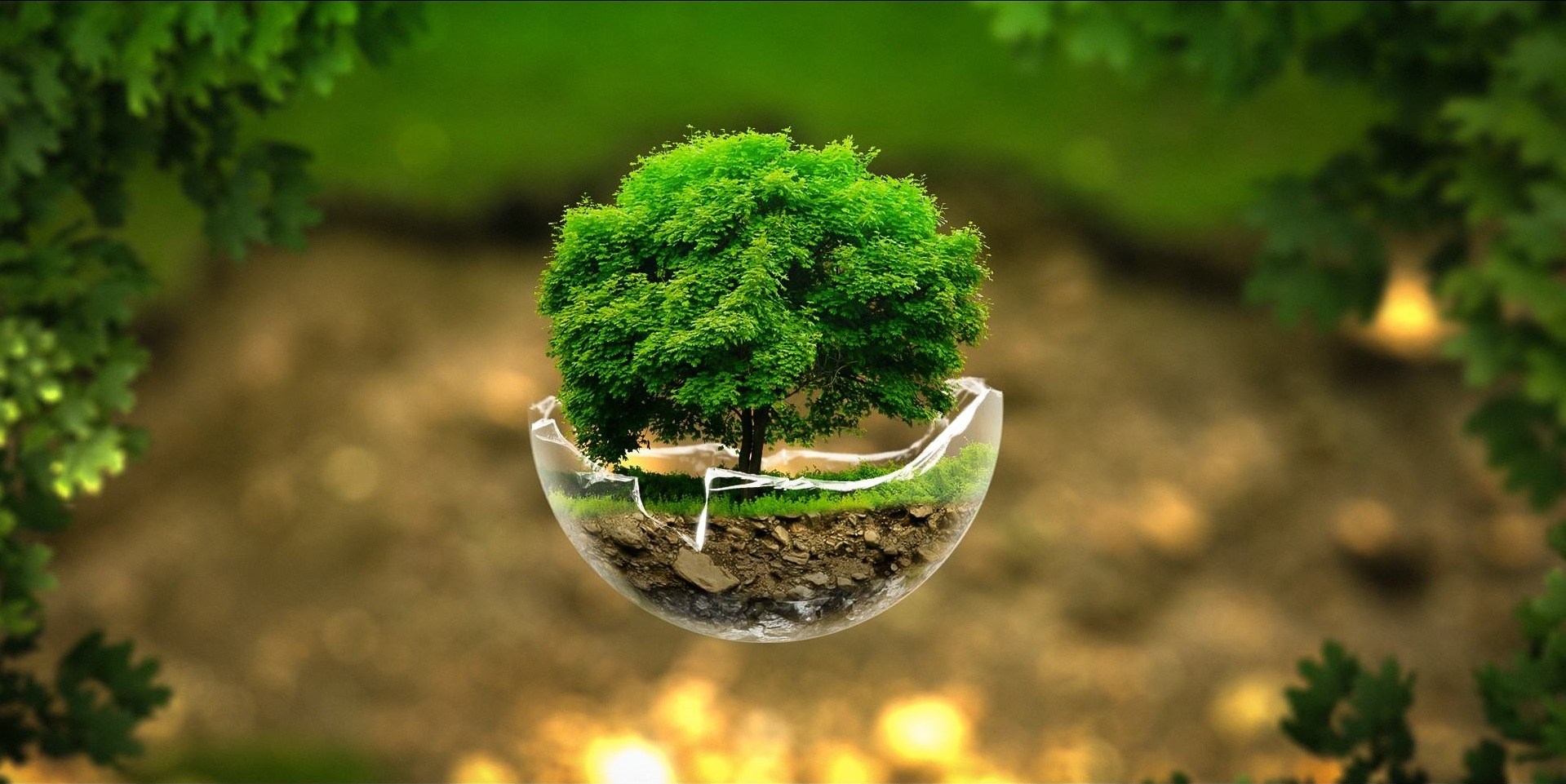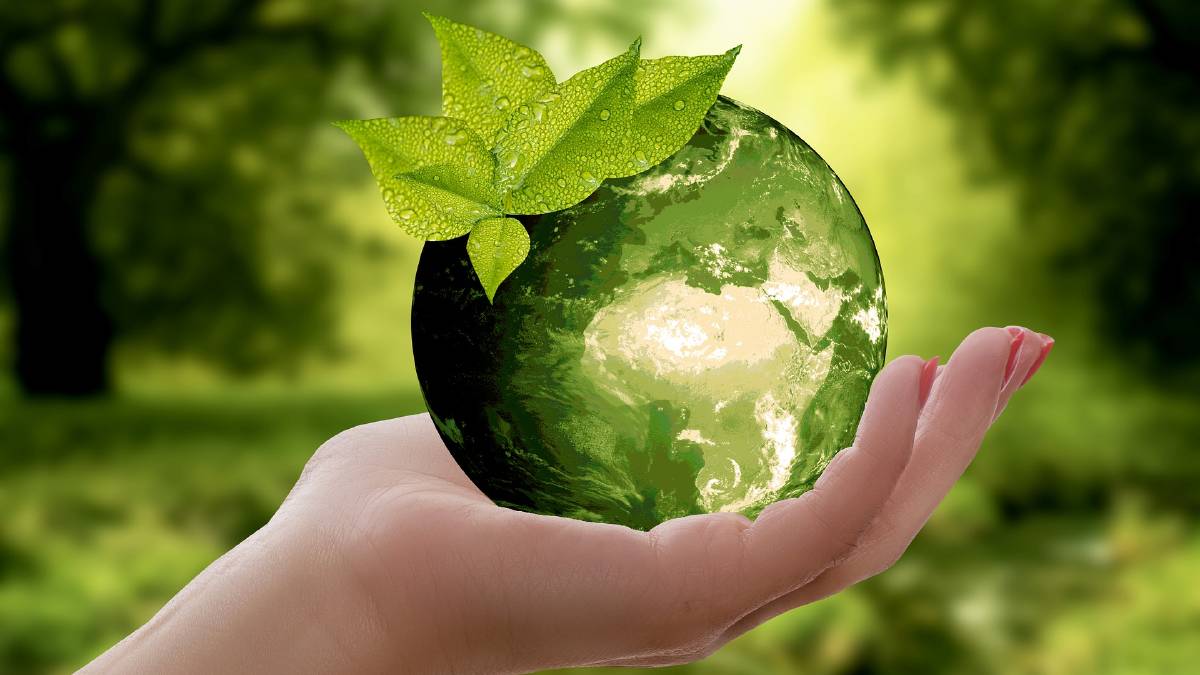How To Take Care Of The Environment In 12 Practical Tips
Are you worried about the Environment? There is no reason to feel discouraged. You as an individual can make the difference. To help you, here we have compiled a list with advice or practical actions that we can carry out without great efforts, and with them take the first step to achieve a more sustainable future by take care of the environment.
Most advice is not only good for the environment but also for our health and our pocket.
And do not forget, you can participate in this list … Just send a comment at the end of this page! It is so easy to share your tips to take care of the environment with the rest of the world. Try it!
12 Simple Practical Tips On How To Take Care Of The Environment
1. Use public transport
Car trips account for half of total CO2 emissions from the transport sector and most of it is generated on trips from home to work or school, and vice versa. Use public transport on most urban routes, such as taking children to school (you can take them on foot) and for commuting to work you can use public transportation or carpooling, or you can choose to buy an electric car or use the bike.
2. Products with ecological certification
The guarantee that a product is “organic production” informs us that we take home healthy food. An agricultural or livestock farm with the seal of ecological production does not pollute the river lakes with pesticides and provides animals with natural foods.
3. Eat seasonal foods
Now in the supermarkets are supplied with products brought from afar. This requires large amounts of energy to produce them. Local and seasonal foods require less energy, both in terms of cultivation and transportation. In addition to being more economical, they are usually fresher, tastier and more nutritious.
4. Turn off the light
Rooms that are not used should remain dark. And bulbs throughout the house must be replaced by low-energy bulbs. This allows us to save money and reduce our carbon footprint. Low energy bulbs are true that are more expensive but last about ten times, which is a saving.
5. Use the dishwasher instead of washing the dishes by hand
There is a household appliance that actually reduces our energy consumption while making life easier for us as the dishwasher. Washing dishes by hand with hot water can be up to 60% more expensive than doing it with a modern fully loaded dishwasher.
6. Cotton cheats
Cotton garments can be considered a good option. However, the industrial production of cotton has serious environmental consequences derived from the need for large quantities of water for its production and the use of pesticides.
Until the 1960s the Aral Sea was the fourth largest lake in the world. The Soviets diverted the main rivers that supplied the lake to be used for irrigation of huge cotton fields. Due to this indiscriminate use of water, the lake was shrinking and in 1990 was barely 25% of the original surface, causing the death of local fish and plants in the area, and the livelihood of many families.
Use natural clothes of organic production. For example, the benefits of organic cotton are both for our health and for the environment because it is grown and grown in fertile land fields free of pesticides, herbicides and synthetic chemical fertilizers, and is spun and produced without toxic chemicals.
7. Recycle
The recycling is one of the easiest ways to combat global warming, and we avoid generating more pollution. Discharges of plastics reach the oceans destroying marine life. Each year 1,000,000 marine creatures die due to the plastic pollution of the seas. Because of the plastic we are creating real islands of garbage in the oceans. Therefore it is advisable to acquire the habit of separating plastic, metal, glass, paper, and batteries. Each one in its corresponding container. If you do not have it clear: Learn to recycle. Old paint cans, chemicals, electrical appliances and appliances should be taken to a recycling center or nearest clean point.
8. Use drip irrigation in your garden
Drip irrigation systems, also known as micro-irrigation systems, are designed to supply water directly to plants, with a minimum of consumption. Drip irrigation systems are 90 percent effective, while traditional systems barely reach 60 percent.
9. Compost
Return your organic waste where it belongs, to the land! Instead of sending banana peels, and other organic waste to the municipal landfill, you can convert them into organic fertilizer. In this way you are reducing waste and take care of the environment. In addition the compost also makes the plants strong and healthy, reducing the need for chemical fertilizers and pesticides.
10. Eye to the thermostat
The energy consumption decreases up to 5% if we lower the heating thermostat by one degree. Do not spend heat in winter, adjust the heating to a reasonable temperature.
11. Less plastics
The plastic is light, resistant, waterproof, flexible, cheap … But the excessive use of mimes causes pollution in our cities, rivers, lakes and seas. Plastic is a growing problem for the environment, plastic bags and bottles that are not recycled end up in the water and on the ground where they persist for close to 100 years. The plastic is the culprit of the death of numerous species in the oceans, due to the accidental ingestion of plastic or by asphyxia, caused by the clogging of the respiratory tracts with plastic bags. This environmental problem reaches unsuspected extremes. Lately they have discovered a plastic island of dimensions like the island of Cuba, floating adrift on the Atlantic Ocean.
12. Plant trees in your garden and community
Everyone knows that planting trees can help the environment. Trees sequester CO2 emissions, minimizing the effects of global warming. They also have many beneficial effects. The trees cool your house, which reduces the energy used for cooling. Trees improve mental health, etc. If you cannot plant trees because you do not have a garden, fund tree planting projects, contribute in this way to restoring a rain forest or curbing desertification.
We want your ideas, creativity and ingenuity to be part to take care of the environment! Share with us what we are doing to help create a more sustainable future!















Post Comment